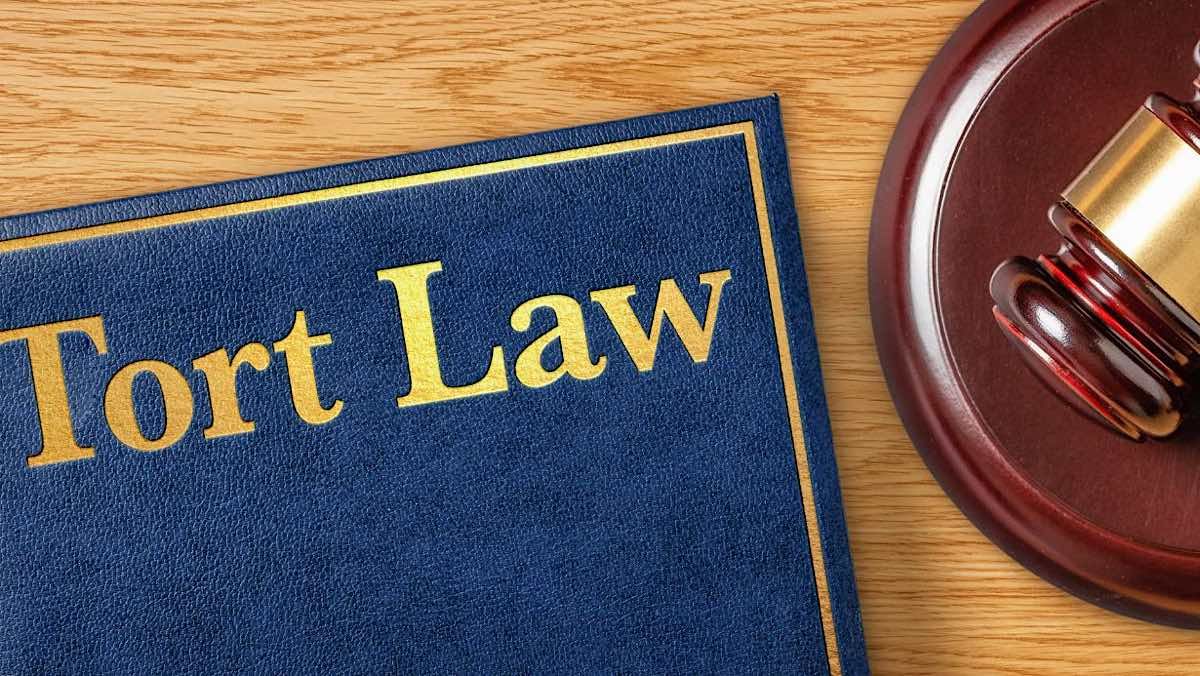
Tort
A tort is a civil wrongdoing that results in harm or injury to another person, prompting the injured party to seek compensation through a lawsuit. Torts encompass a broad range of wrongful acts, including negligence, intentional misconduct, and strict liability offenses. Unlike criminal cases, which are prosecuted by the state, tort cases are pursued by individuals who have been harmed, with the goal of holding the responsible party accountable and recovering damages for physical, emotional, or financial losses. At 770GoodLaw, we help clients understand their rights and options in tort cases, working to secure fair compensation for injuries caused by others.
Purpose of Tort Law
The primary purpose of tort law is to provide a legal remedy for individuals who have suffered harm due to another party’s wrongful actions. Tort law seeks to restore the injured party, as much as possible, to their pre-injury condition through monetary compensation. In addition, tort law serves as a deterrent by holding individuals or entities accountable for their actions, encouraging safer practices and responsible behavior.
Key objectives of tort law include:
-
Compensating Victims: Tort law allows victims to recover damages for medical expenses, lost wages, pain and suffering, and other losses resulting from the injury.
-
Deterring Negligence and Misconduct: By holding parties accountable, tort law discourages harmful behavior and promotes safety in various areas, including workplaces, public spaces, and product manufacturing.
-
Encouraging Accountability: Tort law ensures that responsible parties take accountability for their actions, fostering a sense of justice for victims.
Types of Torts
Torts are typically categorized based on the nature of the wrongful act and the intentions of the person responsible. The three primary types of torts include:
- Negligent Torts: Negligence occurs when an individual fails to exercise reasonable care, resulting in harm to another person. Examples include car accidents caused by distracted driving or a business failing to address a hazardous condition on their premises.
- Intentional Torts: Intentional torts involve deliberate actions intended to cause harm, such as assault, battery, or defamation. In these cases, the responsible party acted with the purpose of causing injury or distress.
- Strict Liability Torts: Strict liability applies in cases where a party can be held liable for harm regardless of fault or intent. This is often seen in product liability cases, where manufacturers are responsible for injuries caused by defective products, regardless of negligence.
Common Examples of Tort Cases
Tort cases can arise from a wide variety of situations, as they cover many forms of wrongful conduct. Some common examples of tort cases include:
-
Personal Injury Claims: These include car accidents, slip and falls, and other incidents where one party’s negligence results in harm to another.
-
Medical Malpractice: When a healthcare provider fails to meet the standard of care, leading to injury or worsened health for the patient, it may result in a tort claim for medical malpractice.
-
Product Liability: If a defective or dangerous product causes injury, the manufacturer or seller can be held liable under strict liability torts.
-
Defamation: Defamation torts involve false statements that harm a person’s reputation, including libel (written defamation) and slander (spoken defamation).
Damages Available in Tort Cases
In tort cases, victims can seek various types of damages to address their losses and compensate for the harm caused. Common types of damages awarded in tort cases include:
-
Compensatory Damages: These damages cover tangible losses, such as medical expenses, lost wages, and property repair costs.
-
Non-Economic Damages: Non-economic damages provide compensation for intangible losses, including pain and suffering, emotional distress, and loss of enjoyment of life.
-
Punitive Damages: In cases involving extreme negligence or intentional misconduct, courts may award punitive damages to punish the defendant and deter similar actions in the future.
How 770GoodLaw Assists Clients with Tort Claims
At 770GoodLaw, we understand the complexities of tort law and are committed to helping clients navigate each step of the process. Our team works diligently to build strong cases, gathering evidence, consulting experts, and advocating for fair compensation. Our approach includes:
- Evaluating Claims: We assess each client’s situation to determine whether they have a valid tort claim and identify the types of damages they may be entitled to pursue.
- Building a Strong Case: Our attorneys gather evidence, consult relevant experts, and prepare a compelling case to establish liability and demonstrate the full extent of our client’s losses.
- Negotiating with Opposing Parties: We negotiate with insurance companies, opposing counsel, and other parties to seek a fair settlement, avoiding trial when possible but preparing to go to court if needed.
- Providing Comprehensive Support: Throughout the process, we offer guidance and clarity, keeping clients informed and empowered as their case progresses.
Importance of Legal Representation in Tort Cases
Tort cases can be legally and emotionally challenging, especially for victims coping with injuries and financial strain. Skilled legal representation ensures that victims’ rights are protected and that they have the support they need to seek justice. At 770GoodLaw, we provide compassionate, knowledgeable representation, helping clients pursue compensation and hold responsible parties accountable.
Why Choose 770GoodLaw for Tort Claims
Our commitment to Relentless Reliability and Sincetegrity ensures that we approach each tort case with dedication and integrity. At 770GoodLaw, we stand by our clients, providing the advocacy and support needed to achieve fair outcomes and make their voices heard.





